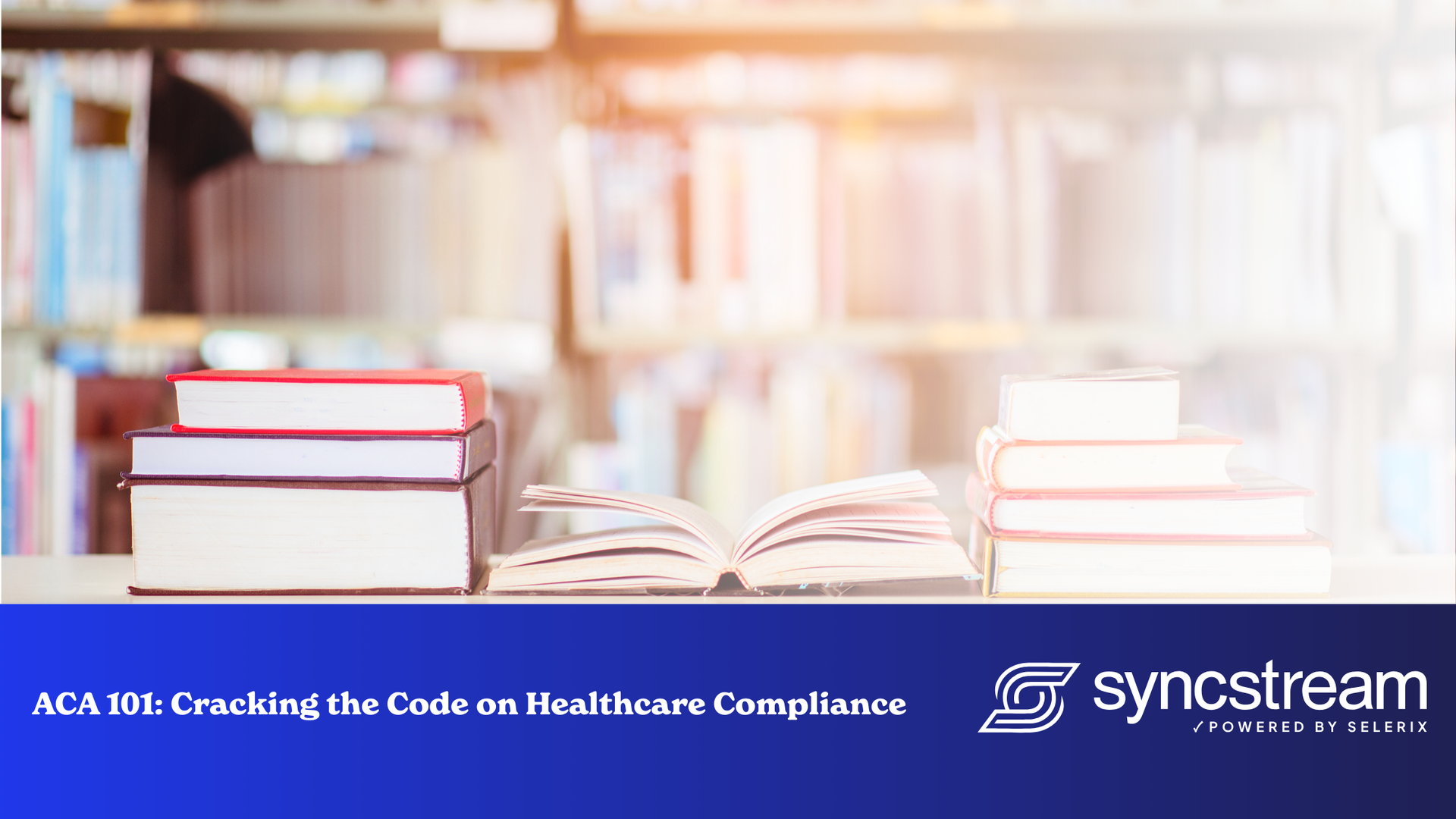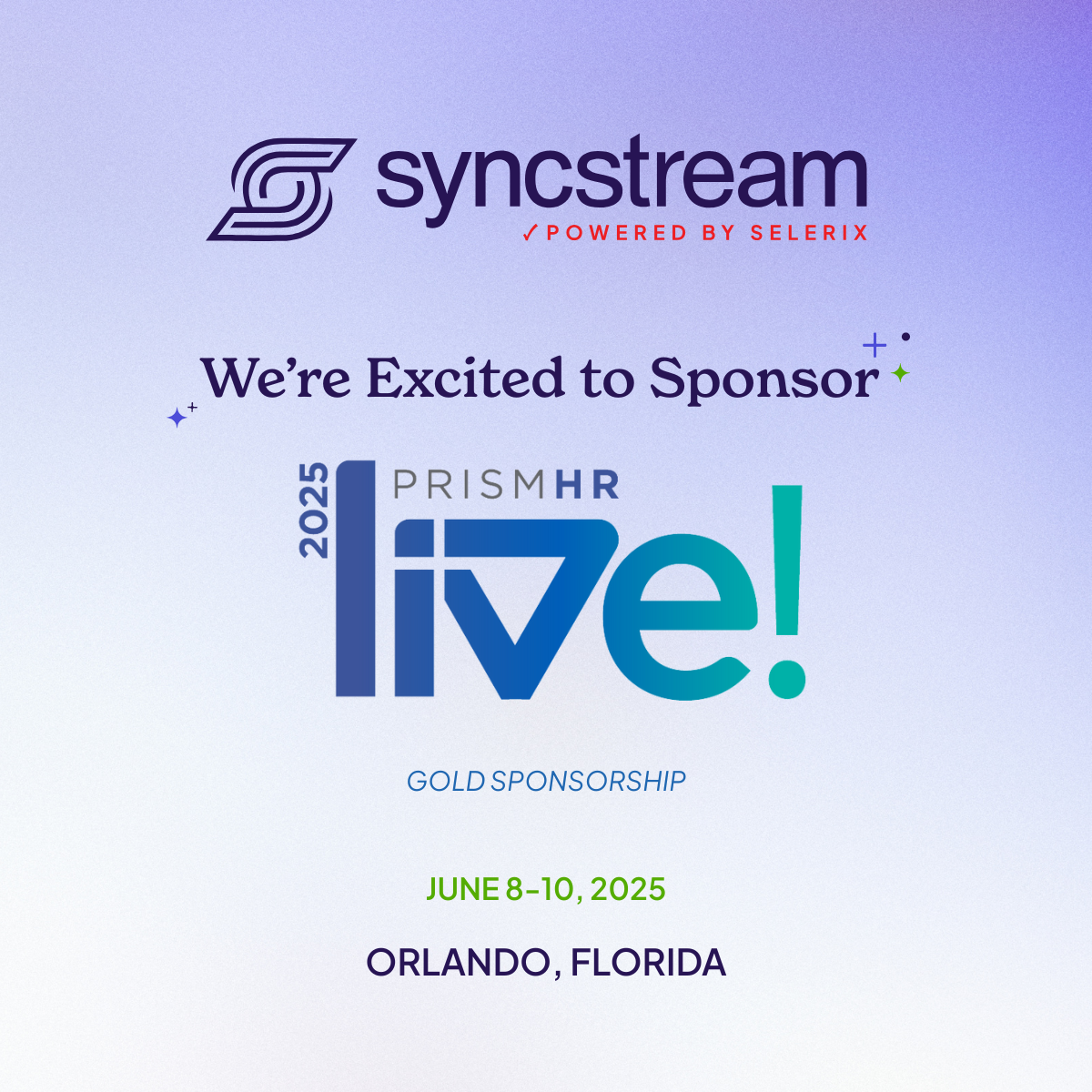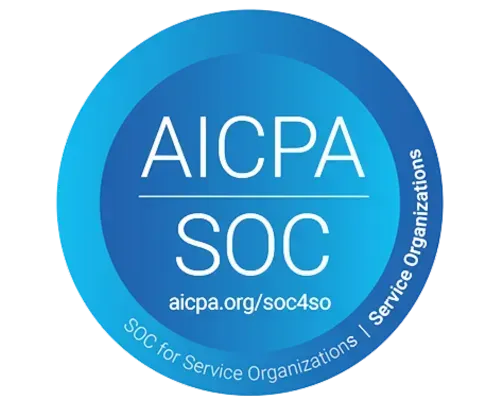Stay Informed: Analyzing the Impact of H.R. 3801 - The Employer Reporting Improvement Act (ACA Reporting)
ACA Reporting Legislation Update- H.R. 3801

SyncStream’s team is currently watching the H.R. 3801 bill that was passed by the House of Representatives on June 21, 2023 and has been sent to the Senate for review.
What is in H.R. 3801?
H.R. 3801 would create some changes for reporting to the IRS for the Affordable Care Act.This bill introduces certain changes to the reporting requirements for the Affordable Care Act (ACA) when it comes to Applicable Large Employers.
H.R. 3801 has 4 key points that will be of interest to Applicable Large Employers.
- TIN Reporting Flexibility
- Electronic Delivery of 1095-C and 1095-B forms
- Extended Response Time to initial assessment of penalty letters
- Statute of Limitations on Penalty Assessment under section 4980H
TIN Reporting Flexibility
TIN Reporting Flexibility states that employers have the right to substitute an individual's TIN with a date of birth if the employer is unable to collect the TIN. Previously, date of birth usage was limited to cases where an SSN had not yet been provided. H.R. 3801 would make it easier for employers with self funded plans to report on dependents when dependent TIN information is not available.
Electronic Delivery of 1095-C and 1095-B forms
Electronic Delivery of 1095 forms can be provided if an individual has previously consented at any time to receiving the form electronically provided written revocation has not been received. While electronic delivery is already permitted, this proposed change would specifically include this provision in the current Internal Revenue Code Section 6056(c).
Extended Response Time to Initial Assessment of Penalty Letters
Extended Response Time for employers to respond to the initial assessment of penalty letters would be lengthened to 90 days. The IRS letter 226J is the initial letter that goes out to applicable large employers informing them of a proposed assessment of the employer shared responsibility act. Currently, the response time allowed for employers is 30 days. If the bill is passed, this response time would be lengthened to 90 days, granting employers more time to provide necessary information or contest the proposed assessment.
Statute of Limitations on Penalty Assessment under Section 4980H
Statute of limitations on Employer Shared Responsibility penalties would finally have a limit. Currently, there is no time limit on penalties that can be assessed. However, if the bill becomes law, a six-year statute of limitations will be established, limiting the IRS's ability to assess penalties for tax years 2015 and 2016.
As experts in this field, we will closely monitor the progress of this bill as it undergoes review in the Senate. If passed into law, these changes would have implications for Applicable Large Employers' reporting requirements under the ACA. Stay tuned for further updates on this important legislation.
About SyncStream
SyncStream’s Total ACA reporting software and full-service ACA compliance management assist employers navigate the complex legislative mandates. As a pioneer of the ACA technology landscape, SyncStream maintains a tenured, knowledgeable staff who continually monitors changes to the employer mandate regulations and updates solutions as laws evolve. SyncStream removes the burden of ACA compliance and provides penalty risk assessments and suggested corrections to reduce your company’s risk of high IRS penalties. Subject matter experts utilize SyncStream’s user-friendly compliance software to track employee hours, auto-populate forms, audit forms, and e-file for thousands of ALEs. SyncStream’s Full Service Total ACA solution can simplify your ACA compliance needs.





